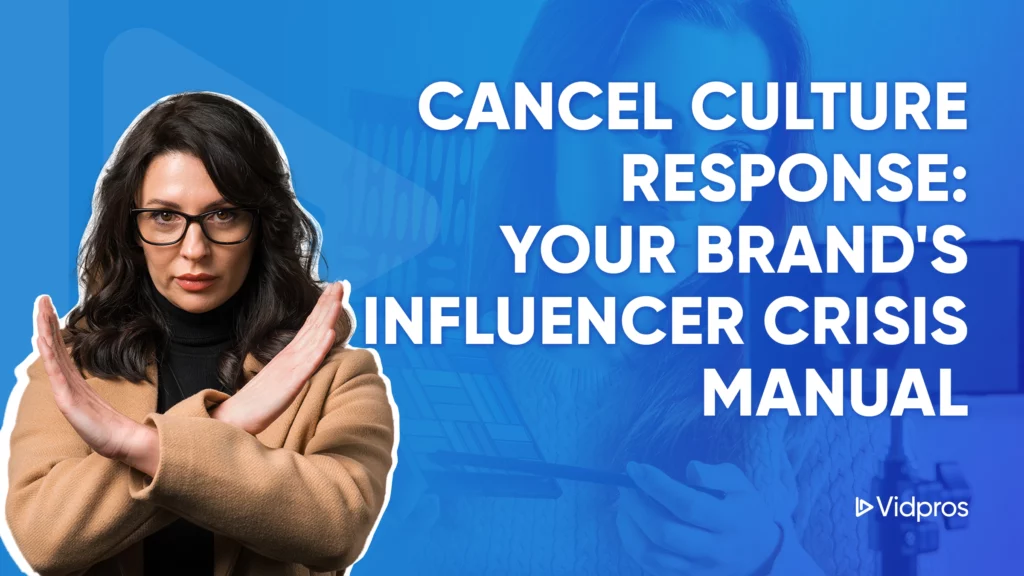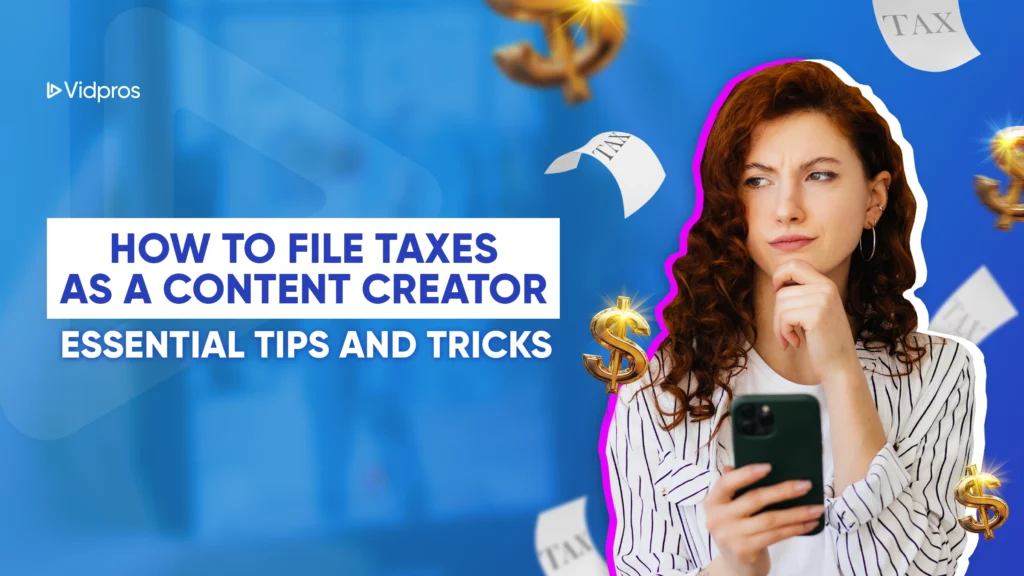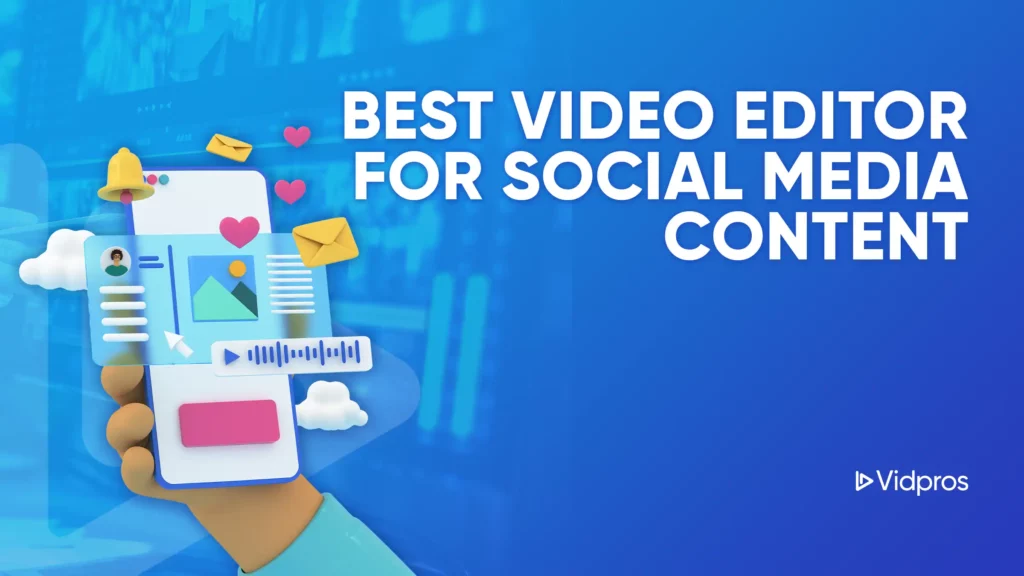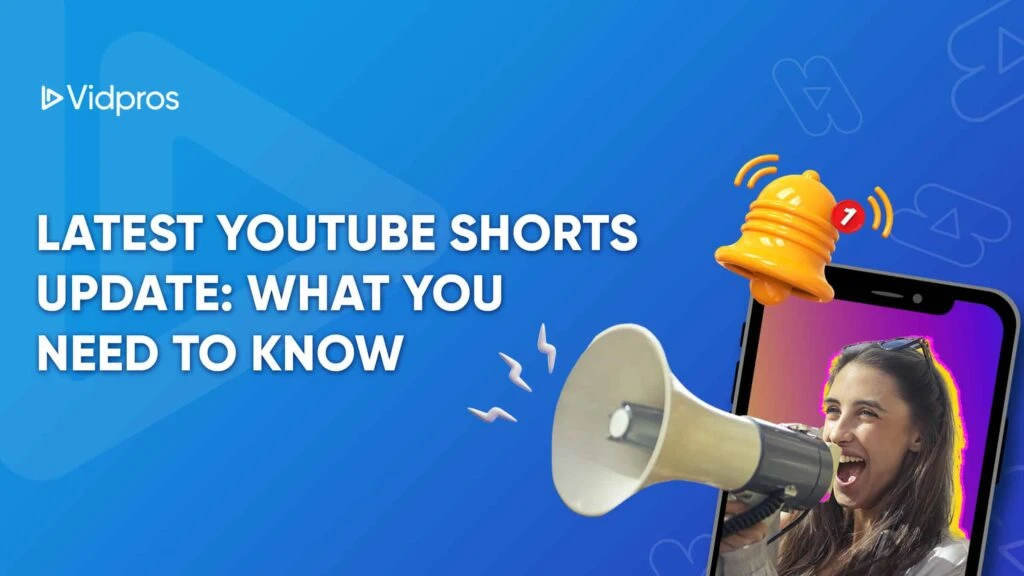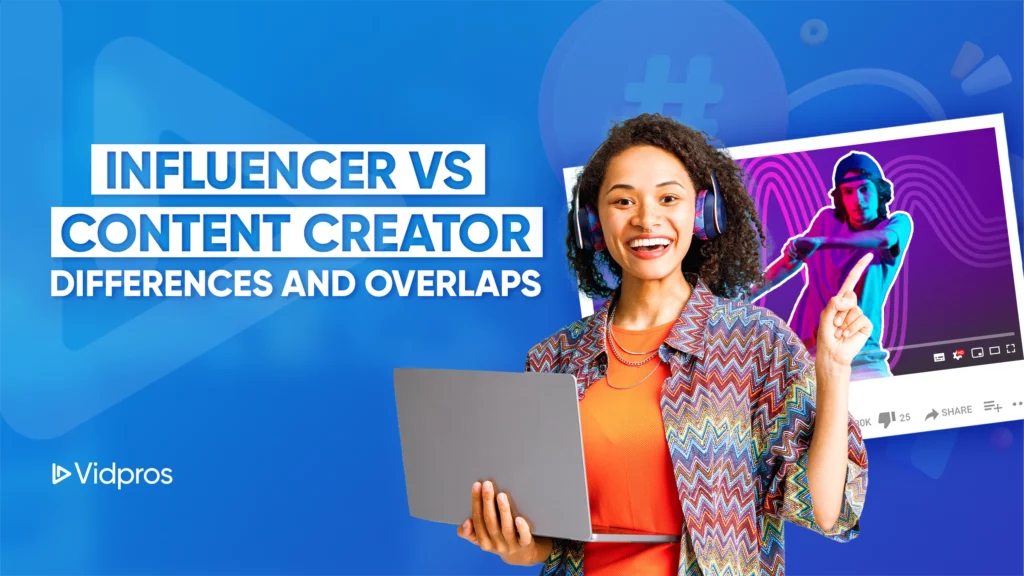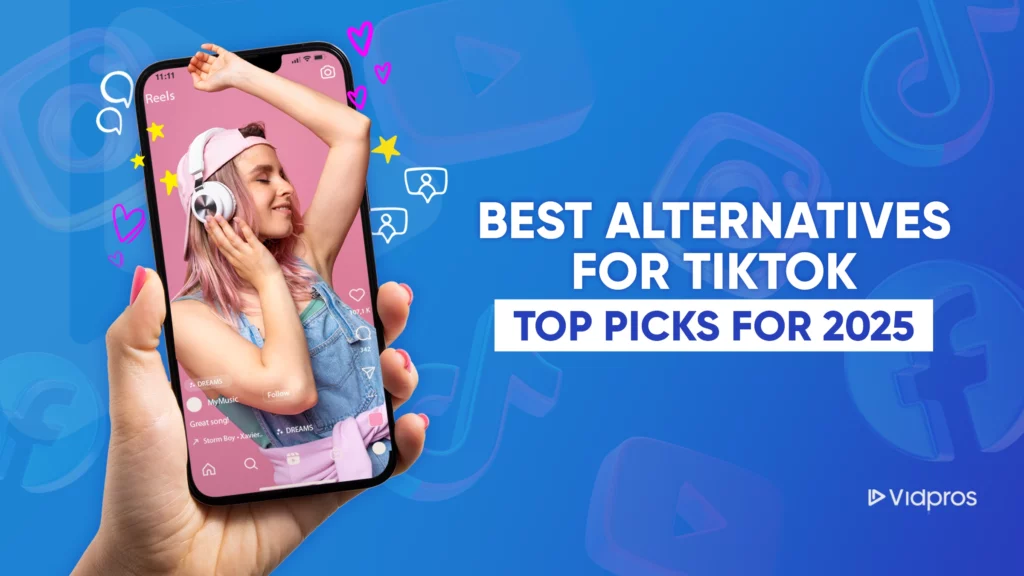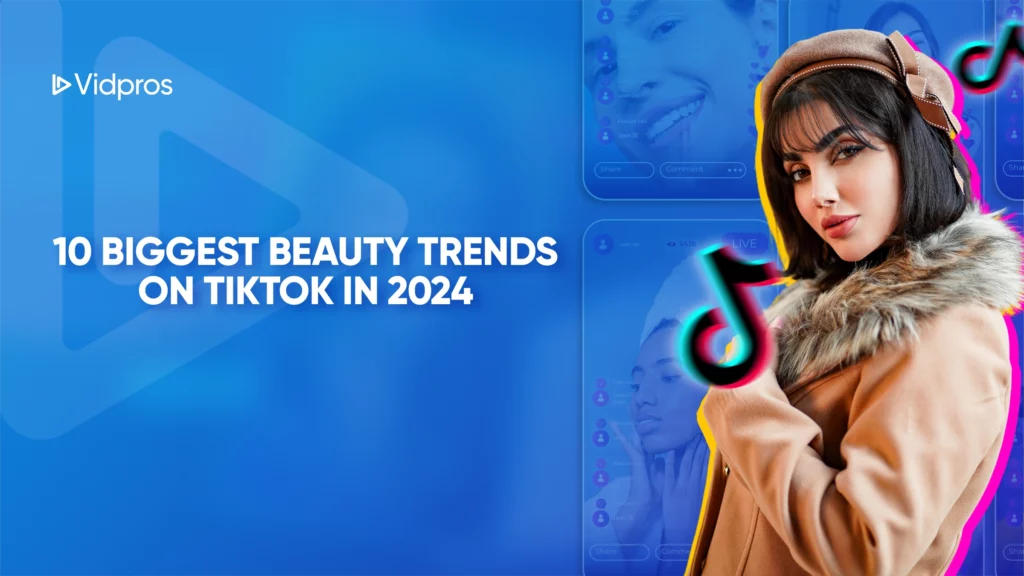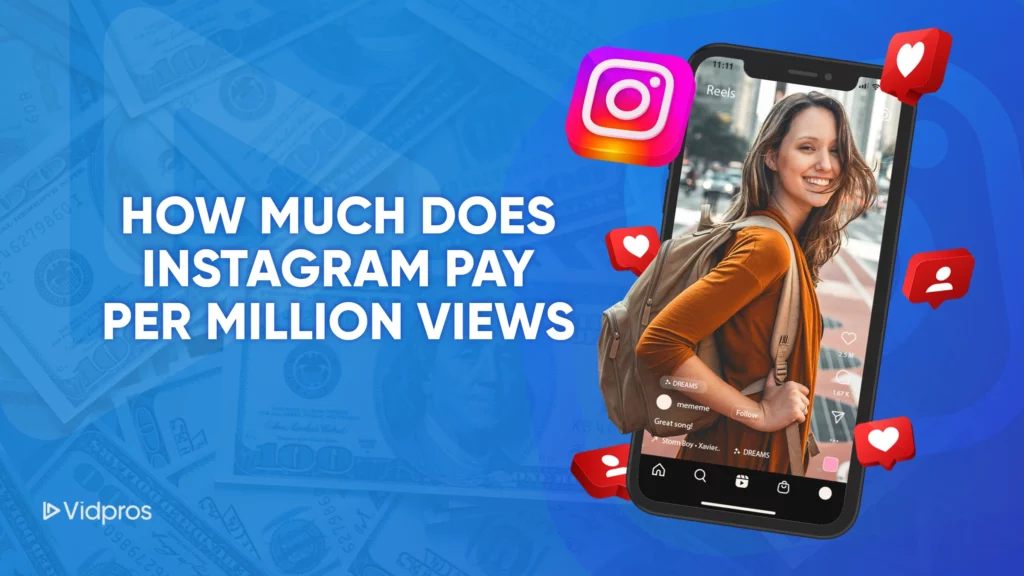In my previous article, I dived into influencer cancellation, exploring its far-reaching consequences and the swift derailment of careers it can cause. Now, I’m shifting gears to examine the other side of this equation.
Influencer marketing plays a significant role in these scenarios, as controversies and scandals often arise from unethical product endorsements, non-disclosure of sponsorships, and privacy invasion.
In this piece, I’ll guide you through how brands should respond when an influencer they’re associated with faces cancellation. Drawing from my research, I’ll offer you practical insights on navigating these turbulent waters of social media marketing, equipping you with strategies for immediate cancel culture response and long-term brand protection.
The Critical Nature of Timely Response to Negative Comments

Swift and appropriate action are crucial when a brand’s associated influencer faces cancellation. Timely responses prevent negativity and protect the brand’s reputation. However, balancing speed with thoughtfulness is critical to navigating these turbulent waters effectively.
Why are quick responses crucial?
-
Prevents escalation of public outrage and negative comments.
-
Shows the brand is proactive and responsible.
-
Maintains control of the narrative.
-
Protects brand reputation and customer trust.
Factors affecting response timing
-
Severity of the action – More severe offenses require faster, more decisive responses.
-
Public reaction – Rapid spread of outrage necessitates quicker action.
-
Relationship with the influencer – Closer associations demand faster responses to avoid perceived complicity.
Ideal response timeline
The critical window for initial response is within 24-48 hours. This time frame allows for:
-
Gathering essential facts.
-
Consulting with legal teams.
-
Crafting a straightforward, honest message.
Balancing speed and thoughtfulness
While quick action is vital, brands must avoid rushed, ill-considered statements. Here’s how to strike the right balance:
-
Speak up quickly – Acknowledge the situation within the first day or two.
-
Don’t rush without thinking – Understand the full context and gather facts.
-
Be honest and clear – Communicate transparently about what you know, what you’re doing, and any uncertainties.
To effectively manage influencer crises, brands should follow these principles to retain control and maintain public trust.
Real-world examples like Urban Outfitters’ cultural appropriation response and Taylor Swift’s Ticketmaster issue management demonstrate the impact of timely, thoughtful crisis communication.
In social media, a well-timed, carefully crafted response can make the difference between a manageable situation and a full-blown brand crisis.
Crafting an Effective Crisis Statement

Crafting a well-structured and thoughtful statement is crucial when responding to an influencer crisis. This statement should address critical elements while maintaining an appropriate tone.
Here’s how to create an effective crisis statement:
Content Elements
- Acknowledge the situation – Clearly state what happened and show public concern and awareness. Example: “We are aware of the recent allegations against our partner, Jane.”
- Brand’s stance – Express your position on the issue unequivocally. Example: “We strongly condemn any form of discriminatory behavior. It goes against everything our brand stands for.”
- Action plan – Outline specific steps the brand takes to address the situation. Example: “Effective immediately, we are suspending our partnership with Jane. We are also conducting a thorough review of our influencer vetting process.”
- Reaffirmation of values – Remind the audience of the brand’s core values and commitment. Example: “Our brand remains committed to fostering inclusivity and respect in all our partnerships and interactions.”
Here’s an example of addressing misleading advertising:
“We acknowledge the concerns raised about our recent campaign with Katie Price. We understand that the campaign has been perceived as misleading advertising, and we apologize for any confusion caused. We are committed to transparency in all our influencer sponsorships and will ensure clearer communication in future campaigns.”
Tone and Language Considerations
- Empathy – Show understanding of how the situation affects people. Example: “We understand that these events have caused hurt and disappointment among our community.”
- Clarity – Use clear, straightforward language to avoid misinterpretation. Example: “To be clear, we are terminating our contract with Jane and will not work with her in the future.”
- Honesty – Be transparent about what you know and what steps you’re taking. Example: “While we are still gathering all the facts, we want to be upfront about our immediate actions and plans.”
Here’s an example of a good statement:
“We at [Brand Name] are deeply concerned about the recent allegations against our partner, Jane. We want to clarify that we do not condone discriminatory behavior – it goes against everything we stand for as a company.
We understand that these events have caused hurt and disappointment in our community, and we take this very seriously. Effective immediately, we are suspending our partnership with Jane while we conduct a thorough investigation into the matter.
We are also reviewing our influencer vetting process to ensure this situation doesn’t occur again. We strive to build an inclusive and respectful environment in our partnerships and interactions.
We appreciate your patience as we work through this issue. We will provide updates as we have more information. Thank you for your continued support and for holding us accountable to our values.”
This statement addresses the situation, clearly states the brand’s position, outlines immediate actions, reaffirms the brand’s values, and maintains a tone that is empathetic, clear, and honest.
Legal Considerations in Influencer Marketing Crisis Management

When dealing with an influencer crisis, brands must navigate complex legal waters. Here’s a consolidated guide to the critical legal considerations:
Review of contractual obligations
Carefully examine the agreement with the influencer, focusing on:
-
Payment terms and schedules.
-
Exclusivity clauses.
-
Intellectual property ownership.
-
Disclosure requirements.
-
Authenticity guarantees.
Understanding these elements helps determine the brand’s rights and limitations in responding to the crisis.
Importance of legal consultation
Before making public statements or taking action, consulting with a legal advisor is essential. Legal experts can:
-
Guide the formulation of public statements to avoid potential lawsuits.
-
Ensure compliance with contractual obligations.
-
Advise on the legal implications of terminating the partnership.
-
Help navigate complex issues like defamation and breach of contract.
According to Business Insider, the influencer marketing industry is expected to grow significantly, but it also faces increasing legal risks. This makes legal consultation even more crucial.
Potential legal pitfalls in public statements
Brands must be cautious about:
-
Making false or unverified claims, which could lead to defamation suits.
-
Violating non-disparagement clauses in existing contracts.
-
Disclosing confidential information protected by the agreement.
-
Failing to disclose material information, potentially violating consumer protection laws.
By addressing these legal considerations, brands can protect themselves from additional complications while managing the influencer crisis. The goal is to navigate the situation effectively without creating new legal vulnerabilities.
Successful and unsuccessful crisis responses in influencer marketing campaigns

To illustrate the impact of crisis management strategies, let’s examine a balanced set of successful and unsuccessful responses:
Successful Responses
- Nike and Colin Kaepernick – When Nike featured Colin Kaepernick in its campaign despite controversy, it stood by its decision. This bold move aligned with its brand values and resonated with its core audience, ultimately boosting sales and brand loyalty. Nike’s success stemmed from their clear stance, alignment with brand values, and understanding of their target audience.
- KFC’s FCK Bucket – When KFC in the UK ran out of chicken, they responded with a humorous ad featuring their bucket with the letters rearranged to spell “FCK.” This self-deprecating approach won public approval. KFC’s witty, honest response turned a potential crisis into a PR win, demonstrating the power of humor and authenticity in crisis management.
Unsuccessful Responses
- United Airlines Passenger Removal – When a video of a passenger forcibly removed from an overbooked flight began circulating widely, United’s initial response was defensive and devoid of empathy. It caused a lot of negative feedback. United’s failure to acknowledge the gravity of the situation and lack of immediate empathy exacerbated the crisis.
- Pepsi’s Kendall Jenner Ad – Many criticized Pepsi’s ad, with Kendall Jenner joining a protest and offering a can of Pepsi to a police officer for making light of critical social issues. Pepsi’s initial defense of the ad before pulling it worsened the situation. Pepsi’s lack of awareness of social sensitivities and delayed appropriate response prolonged the negative impact on its brand.
- A notable case involving influencer marketing campaigns is the Fyre Festival. Promoted heavily by influencers on Instagram, the festival promised luxury but delivered chaos. The backlash from Instagram followers and the public was immense, highlighting the risks associated with poorly executed influencer marketing campaigns.
These examples highlight the importance of quick, thoughtful responses that align with brand values and demonstrate a genuine understanding of the situation.
Successful crisis management often involves authenticity, empathy, and a willingness to take responsibility, while unsuccessful responses typically stem from defensiveness, lack of awareness, or delayed action.
Building long term resilience for social media accounts
In the wake of influencer crises, brands must build long-term resilience to protect their reputation and prevent future issues. Here’s a comprehensive approach to strengthening your brand’s ability to weather influencer-related storms:
Proactive Measures
-
Careful Vetting.
-
Thoroughly research potential influencers’ past online behavior and content.
-
Assess alignment between influencer values and brand values.
-
Evaluate the influencer’s audience and engagement quality.
-
Clear Contracts.
-
Include specific behavioral clauses and expectations.
-
Clearly outline consequences for breaches.
-
Define approval processes for content creation.
-
Create relevant content that engages and provides value to your audience.
Crisis Management Planning
-
Develop a detailed crisis response plan.
-
Form a crisis management team with clearly defined roles.
-
Create communication templates for various scenarios.
-
Set up monitoring systems for brand and influencer mentions.
-
Monitor social media accounts to quickly identify and address false marketing or negative publicity.
-
Legal preparedness.
-
Have legal counsel review crisis plans.
-
Establish relationships with PR professionals specializing in crisis management.
Post-Crisis Analysis and Improvement
-
Conduct a thorough review.
-
Analyze the effectiveness of the crisis response.
-
Gather feedback from stakeholders (customers, employees, partners).
-
Assess the impact on brand perception and sales.
-
Implement lessons learned.
-
Revise influencer agreements based on insights gained.
-
Update vetting processes and approval workflows.
-
Refine crisis management protocols.
Team Training and Preparedness
-
Regular training sessions.
-
Conduct crisis simulation exercises.
-
Train team members on effective crisis communication.
-
Educate staff on legal considerations during crises.
-
Continuous improvement.
-
Stay updated on industry best practices.
-
Regularly review and update crisis management plans.
-
Build a culture of proactive risk management.
By implementing these strategies, brands can build resilience against influencer-related crises. This approach addresses immediate issues and prepares the brand to handle future challenges effectively. The goal is to become a more substantial and trusted entity to your audience.
Capping Off
Effective influencer crisis management requires a proactive, comprehensive approach.
By implementing robust vetting processes, clear contracts, and real-time monitoring, brands can mitigate risks before they escalate. When crises do occur, swift, empathetic, and transparent responses are crucial.
A well-prepared crisis management team, guided by legal counsel and brand values, can navigate challenges effectively. Post-crisis analysis and continuous improvement of strategies ensure long-term resilience. Successful crisis management protects your brand and strengthens stakeholder trust when handled skillfully.

